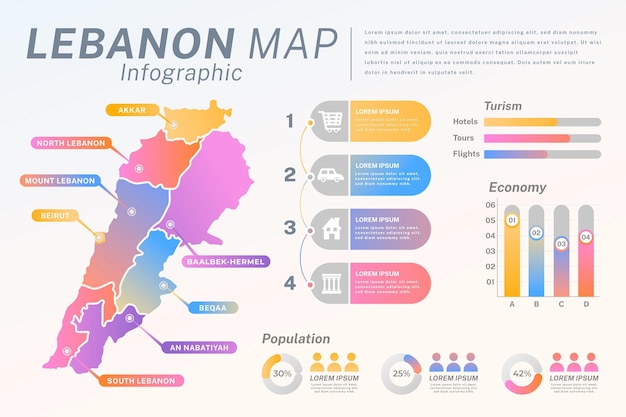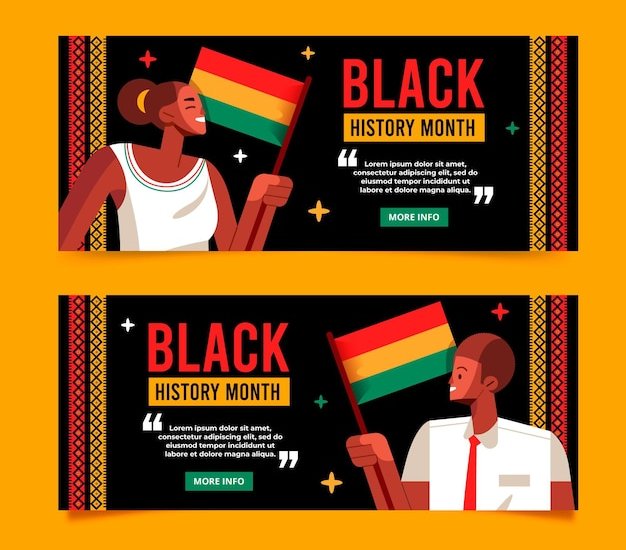Interesting Facts about Lebanon

Lebanon is known for its rich cultural heritage and historical significance.
The capital city of Lebanon is Beirut, which is often called the Paris of the Middle East.
Lebanese cuisine, famous for dishes like hummus and tabbouleh, is loved all over the world.
Lebanon has a diverse population, with people from different religious and ethnic backgrounds living harmoniously.
The country is home to stunning natural landscapes, including the majestic Cedars of Lebanon.
Lebanon has a vibrant arts and music scene, with many renowned artists, musicians, and filmmakers.
Lebanese people are known for their hospitality and warm welcoming nature.
The national language of Lebanon is Arabic, but most locals also speak English and French.
Lebanon has a long tradition of winemaking, with excellent wine regions like the Bekaa Valley.
The country’s national symbol is the Cedar tree, which represents strength and resilience.
Lebanon is one of the oldest continuously inhabited regions in the world, with evidence of human settlement dating back thousands of years.
The famous Lebanese poet and writer Khalil Gibran is known for his book The Prophet.
Lebanon has a mix of traditional and modern architecture, with historical landmarks like the Baalbek Roman ruins.
Lebanese people are passionate about football (soccer) and have a strong national team.
Lebanon has a Mediterranean climate, with mild winters and hot summers.
Interesting Facts about Lebanon part 2
The traditional Lebanese dance form known as Dabke is a lively and energetic group dance.
Lebanon is home to the Jeita Grotto, a natural wonder with stunning underground caves.
The Lebanese love to drink tea, especially the popular mint tea.
Lebanon has a thriving fashion industry, with several talented fashion designers recognised globally.
The country’s education system is highly regarded, with numerous prestigious universities.
Lebanon is known for its political and religious diversity, often called the Switzerland of the Middle East.
The country has been influenced by various empires throughout history, including Roman, Ottoman, and Phoenician.
Lebanese cuisine typically includes a variety of fresh herbs, spices, and olive oil.
Lebanon has a rich tradition of storytelling and oral history passed down through generations.
The Cedars of God in Lebanon are often referred to in ancient texts, including the Bible.
Lebanon hosts one of the largest music festivals in the Middle East, the Baalbeck International Festival.
The Lebanese are known for their strong work ethic and entrepreneurial spirit.
Lebanon has a fascinating cultural blend of Western and Eastern influences.
The country’s strong emphasis on family values is reflected in tight-knit communities.
Lebanon was one of the first countries in the region to grant women the right to vote.
Lebanese cuisine is known for its use of fresh ingredients, such as olive oil, herbs, and vegetables.
Lebanon has a vibrant nightlife, with numerous clubs, bars, and restaurants.
The Lebanese Independence Day is celebrated on November 22nd.
Lebanon has a high literacy rate, with education being a priority in the country.
Lebanese Arabic is a unique dialect, known for its melodious and expressive nature.
Lebanon is a popular tourist destination, attracting visitors from all over the world.
Lebanon has a rich musical heritage, with famous Fairouz being often referred to as the voice of Lebanon.
The country is known for its resilience in the face of adversity, as seen during the Lebanese Civil War.
Lebanon has a thriving film industry, with several Lebanese movies gaining international recognition.
The Lebanese National Museum in Beirut houses artifacts dating back thousands of years.
Lebanon is a hub for creativity and innovation, with a growing startup scene.
The Lebanese flag features a red horizontal stripe at the top and bottom, symbolizing the bloodshed in the struggle for independence.
Lebanon has a strong tradition of handicrafts, including intricate woodwork, pottery, and glassblowing.
The country is known for its excellent olive oil production, with Lebanese olive oil renowned for its quality.
Lebanon is a country that embraces diversity and promotes cultural exchange.

